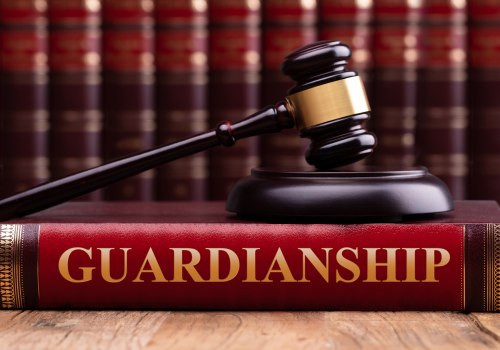If parents are unable or unwilling to communicate very well regarding the best interests of the child, the court will most likely grant sole legal and physical custody to one parent, provided that it is in the best interests of the child. Under Virginia law, “individuals with a legitimate interest can request custody and visitation. This includes, but is not limited to, grandparents, step-parents, former step-parents, blood relatives, and family members. Joint custody in Virginia refers to legal custody, which means that both parents have the same capacity to make decisions for the children.
The impact of this is that if one parent has an important decision they want to make for their children, the other parent has to agree with it. When there is no court order, both parents have equal rights over the child or children. There is no father more valuable than the other in the eyes of the law. Both mother and father have equal rights to spend as much time as they want with the child.
Even when responsibilities are divided between husband and wife, no parent has more right to the child than the other. A parent can have sole custody of a child or share joint custody between both parents. With sole legal custody, a person retains responsibility for the care and control of a child and has primary authority to make decisions related to the child. Sole physical custody means that the child resides with the custodial parent.
Non-custodial parent may have visitation rights. Joint legal custody means that both parents retain joint responsibility for the care and control of the child and joint authority to make decisions related to the child. Joint physical custody means that both parents share physical custody of the child, although they do not necessarily share it equally. Legal custody is a different part of custody.
It relates to making important decisions regarding children. These could be important medical decisions or decisions related to education or religion. The person or persons who have legal custody of a child in Virginia are the ones who have the capacity to make those decisions. Unless a person can show the court that there has been a substantial change that should affect the custody schedule or how legal custody decisions should be made, the court will not modify the custody order.
If a parent traditionally makes very poor decisions regarding children, which could reflect that they cannot adequately assess the needs of the children, that is another factor that could be considered when the court decides what to do with legal custody of a child in Virginia. The information provided on this site does not constitute legal advice, does not constitute a lawyer referral service, and no attorney-client or confidential relationship is formed or will be formed through the use of the site. Sole legal custody means that only one parent has the responsibility and authority for the care and control of the child. To modify custody, there must be a substantial change in circumstances and the change must be in the best interests of the children.
If you are currently going through a custody battle or need legal representation regarding a dispute involving a child, it is appropriate to immediately consult with an experienced attorney. Sole legal custody means that only one parent has the authority to make decisions related to the child. Custody of the parties' children will be decided by the court based on what is best for the children. Child support and child visitation are legally two separate matters and both parents have the right to have meaningful relationships with their children.
As the name implies, the court order sets out the conditions for how child custody will be handled and whether it will be joint or sole legal custody. If the child's mother agrees, the father can sign an Acknowledgment of Paternity (“AOP”) at the hospital. Legal custody refers to the right to make important health, education, and welfare decisions for a child. When parents share legal custody, neither parent can make important decisions for the child without first consulting the other.
However, if paternity is established within the first few years of a child's life, the parent has a better chance of obtaining joint custody or liberal visitation. Even where sole legal custody exists, parents, in most circumstances, are supposed to have meaningful conversations about important decisions to be made in relation to children. . .










